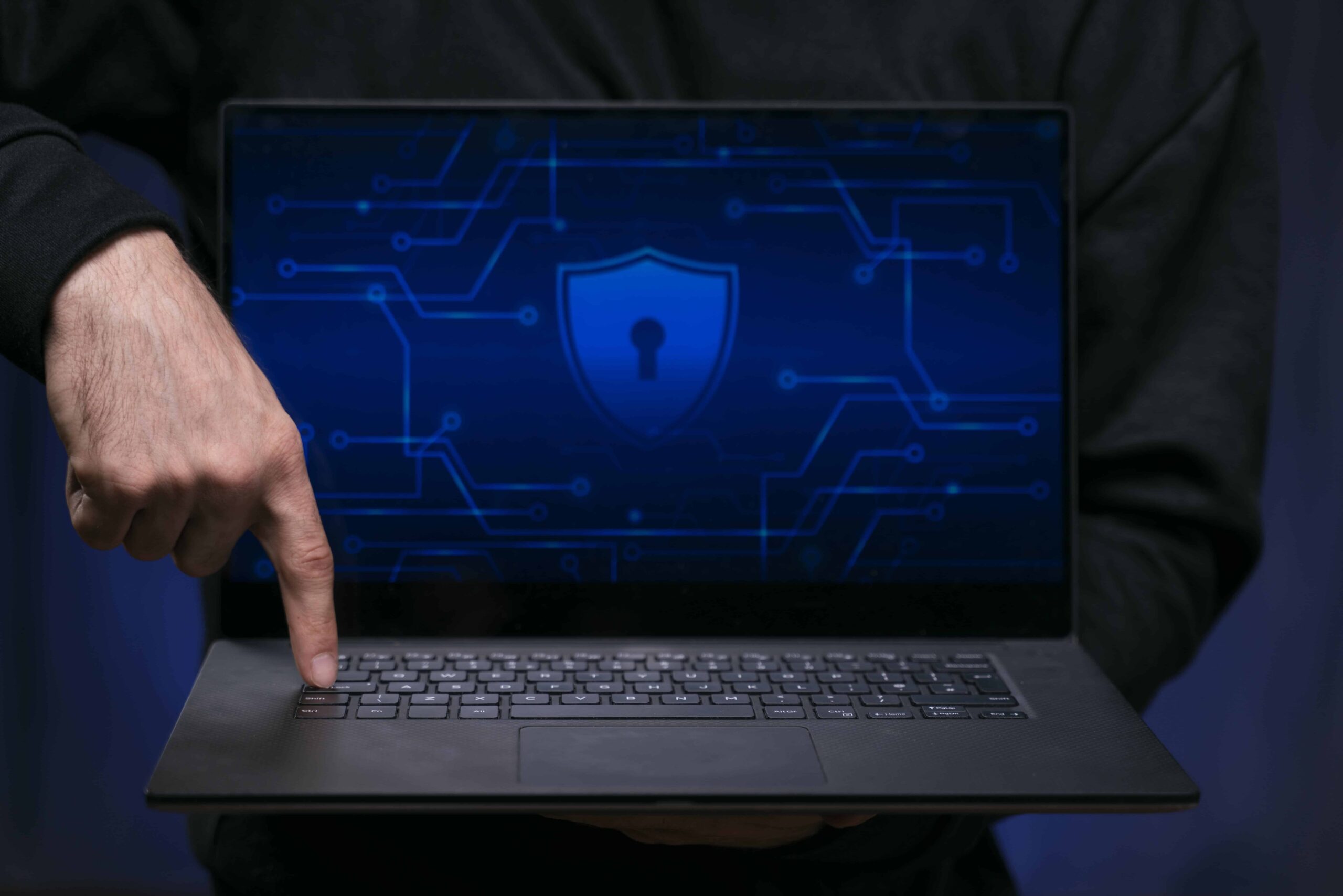Navigating Cybersecurity Challenges in the Digital Age: Singapore’s Perspective
In today’s interconnected world, cybersecurity is no longer a niche concern but a pressing issue that affects individuals, organizations, and governments worldwide. As Singapore embraces its position as a global technology hub, it faces unique cybersecurity challenges that demand innovative and proactive solutions.
This blog post delves into the cybersecurity landscape in Singapore, exploring the key challenges, government initiatives, and best practices for navigating the digital age securely.
Singapore’s Cybersecurity Landscape: A Tapestry of Challenges
Singapore’s dynamic and interconnected digital infrastructure presents an attractive target for cybercriminals. The country’s financial sector, critical infrastructure, and growing reliance on digital services make it particularly vulnerable to cyberattacks. Here are some of the key cybersecurity challenges faced by Singapore:
1. Increasing Sophistication of Cyberattacks: Cybercriminals are constantly evolving their tactics, employing increasingly sophisticated methods of attack, such as zero-day exploits, advanced malware, and artificial intelligence-powered attacks. These ever-changing threats make it difficult for organizations to stay ahead of the curve and maintain a robust security posture.
2. Rise of Ransomware Attacks: Ransomware attacks have become a prevalent and costly threat, disrupting operations and causing significant financial losses. Cybercriminals hold critical data hostage, demanding ransom payments in exchange for its release. These attacks can have a devastating impact on organizations, particularly those in the healthcare, finance, and manufacturing industries.
3. Phishing and Social Engineering: Phishing scams and social engineering tactics remain a major threat, tricking individuals into revealing sensitive information or downloading malware. Cybercriminals use clever tactics, such as impersonating trusted organizations or sending enticing emails, to manipulate unsuspecting individuals into compromising their security.
4. Supply Chain Vulnerabilities: Supply chain attacks are becoming more common, targeting third-party vendors to gain access to sensitive data or disrupt critical systems. Cybercriminals infiltrate these vendors’ networks, exploiting vulnerabilities to compromise their systems and gain access to the target organization’s data or infrastructure.
Singapore’s Cybersecurity Strategy: A Multifaceted Approach
To address these challenges, Singapore has adopted a comprehensive cybersecurity strategy, centered on four key pillars:
1. Protect:
Emphasizing Strong Infrastructure Security: This pillar focuses on strengthening infrastructure security, implementing robust cybersecurity measures, and building resilience against cyberattacks. This includes initiatives like implementing network segmentation, deploying intrusion detection and prevention systems, and conducting regular security assessments.
2. Detect:
Enhancing Threat Detection Capabilities: This pillar emphasizes enhanced threat detection capabilities, enabling early identification and response to cyberattacks. This includes deploying advanced threat intelligence systems, establishing cybersecurity monitoring centers, and fostering collaboration between organizations to share threat information.
3. Respond:
Effective Incident Response and Crisis Management: This pillar focuses on effective incident response and crisis management. This includes implementing incident response plans, establishing clear coordination mechanisms, and enhancing collaboration with law enforcement agencies to address cyberattacks swiftly and effectively.
4. Recover:
Business Continuity and Resilience in the Aftermath of Cyberattacks: This pillar emphasizes the importance of business continuity and resilience in the aftermath of cyberattacks. This includes developing and testing business continuity plans, ensuring data backups and disaster recovery procedures are in place, and conducting regular cybersecurity drills and exercises to enhance preparedness.
Government Initiatives: Fortifying Cybersecurity Defenses
The Singapore government has taken proactive steps to address cybersecurity challenges, implementing a range of initiatives to strengthen the country’s cybersecurity posture. These initiatives include:
- The Cybersecurity Act of 2018: This act establishes a framework for enhanced cybersecurity measures, including mandatory incident reporting and vulnerability disclosure requirements for critical infrastructure sectors.
- The Singapore Cybersecurity Strategy 2020: This strategy outlines a comprehensive approach to cybersecurity, focusing on building a strong cyber workforce, fostering collaboration, and enhancing Singapore’s global cybersecurity leadership.
- The Cyber Security Agency of Singapore (CSA): The CSA is responsible for overseeing cybersecurity policy and strategy, coordinating cybersecurity efforts across government agencies, and collaborating with industry partners to enhance cybersecurity capabilities.
Best Practices for Individuals: Navigating the Digital Age Safely
While the government plays a crucial role in safeguarding cybersecurity, individuals also have a responsibility to protect their data and devices. Here are some best practices for individuals in Singapore to navigate the digital age securely:
- Practice Strong Password Management: Use strong, unique passwords for all your online accounts and enable multi-factor authentication whenever possible. Avoid using easily guessable passwords or sharing passwords with others.
- Be Mindful of Email and Phishing Scams: Be cautious of suspicious emails, attachments, or links. Never open attachments or click on links from unknown senders. Verify the sender’s authenticity before engaging in any online
Finally, In the dynamic digital landscape of Singapore, cybersecurity is not just a responsibility of the government or organizations; it is a shared responsibility of individuals. By adopting responsible online behaviors, staying informed about cybersecurity threats, and utilizing readily available tools and resources, Singaporeans can play a proactive role in safeguarding their digital security and contributing to a more secure cyber ecosystem.
The Singapore government’s multifaceted cybersecurity strategy, coupled with individual vigilance and adoption of best practices, can effectively address the evolving cybersecurity challenges faced by the nation. By prioritizing cybersecurity, Singapore can maintain its position as a global technology hub while ensuring the protection of its citizens, businesses, and critical infrastructure in the ever-evolving digital age.





